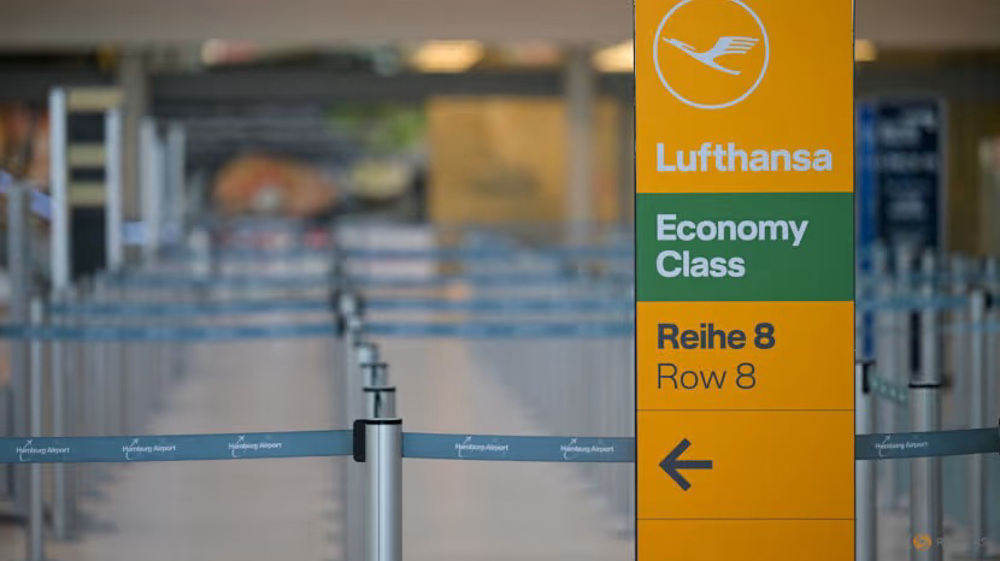European Aviation Safety Agency knew of German air safety issues
The European Aviation Safety Agency (EASA) had raised concerns over Germany’s “non-conformity” with air safety rules, especially on air crew health monitoring, before the fatal Gemanwings air crash, a spokesman says.
Spokesman Dominique Fouda said on Saturday that the EU agency “had pointed out several cases of non-conformity” with German aviation authorities.
Fouda added that “on the basis of the EASA recommendations the European Commission launched, in late 2014, a process calling for accountability from Germany.”
The EASA spokesman also confirmed a recent report published in the Wall Street Journal, according to which “EU officials said Germany’s air-safety regulator suffered from chronic staffing shortfalls that could undermine its ability to run checks of carriers and crew, including medical checks.”
Lufthansa chief Carsten Spohr has said the national carrier was utterly unaware of any health conditions that could have compromised Lubitz’s ability to fly, calling him “100-percent airworthy.” Andreas Lubitz was the co-pilot of the Germanwings A320 jet.
Germany’s health monitoring and assessing of cabin crew came under scrutiny after the passenger plane belonging to Germanwings, a subsidiary to the German flag carrier Lufthansa, crashed in the French Alps en route from Barcelona to Dusseldorf on March 24, killing all 150 on board.

A record from the plane’s cockpit revealed that Lubitz was alone when the aircraft began its descent. Findings have also shown that the co-pilot had locked his captain out of the cockpit during the flight.
Following the crash, it was revealed that the co-pilot had sought medical treatment for vision problems and depression shortly before the fatal incident.
Lubitz, suspected of crashing the plane deliberately, had been diagnosed by health officials as suicidal “several years” prior to the incident, according to German prosecutors. Furthermore, he had allegedly told officials at an airline training school that he had suffered severe depression in the past.
The 27-year-old co-pilot had been treated by neurologists and psychiatrics for the medical condition. Lubitz had been on sick leave at a number of times and was signed off sick on the day of the crash.
CAH/HSN/HMV
Iran: Israeli violations main obstacle to peace, security in Syria
Indian author pulls out of Berlinale over jury’s ‘unconscionable’ refusal to comment on Gaza
Bangladesh Nationalist Party secures victory in general election
VIDEO | British High Court rules against ban on Palestine Action Group
Tehran urges ‘serious’ revision in EU ‘unconstructive’ approaches
Hamas slams Israeli settlers’ ‘criminal aggression’ in West Bank
VIDEO | Press TV's news headlines
VIDEO | Iran launches 'Holy Qur'an Does Not Burn' campaign to restore mosques damaged in unrest










 This makes it easy to access the Press TV website
This makes it easy to access the Press TV website